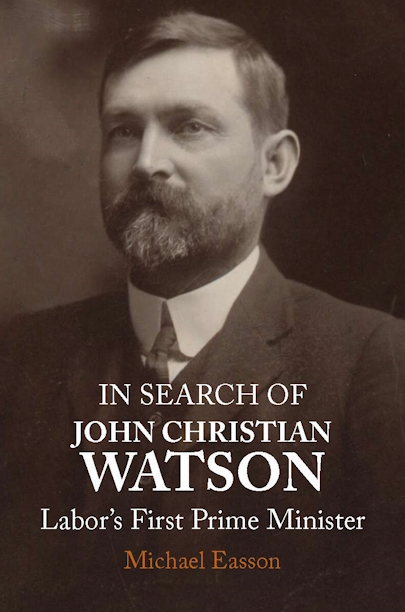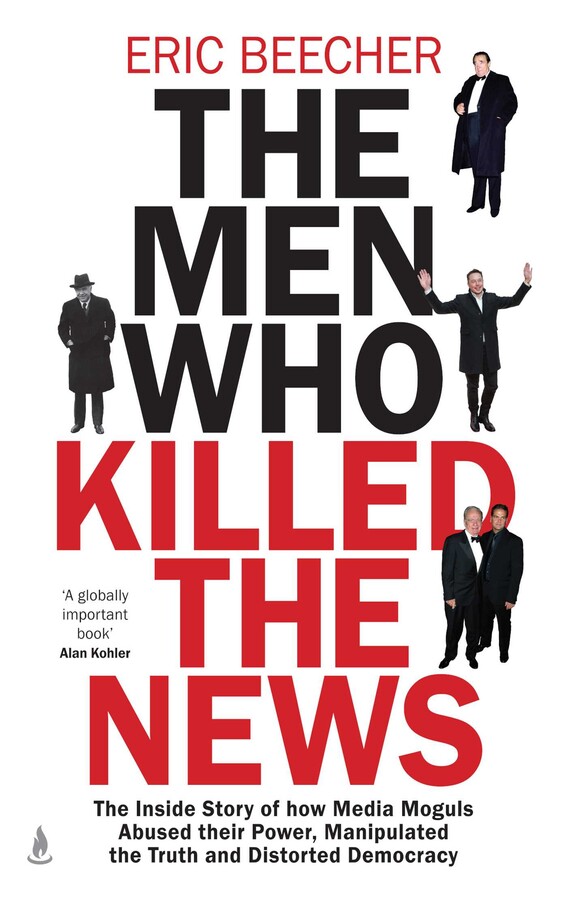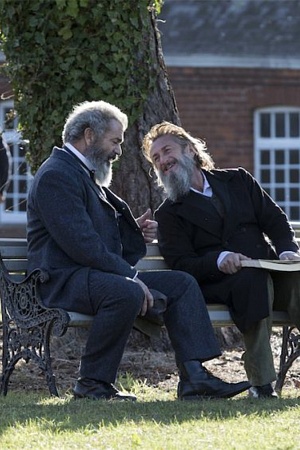Minari
The immigrant experience in America has been told on film many times, but Lee Isaac Chung’s tangibly personal Minari is as distinguished by its eschewal of the familiar as by the disarming intimacy evoked.
Set in the 1980s in Arkansas, Chung’s semi-autobiographical tale concerns a Korean family’s attempts to adapt to rural American life. It’s clear from the opening scene that Jacob (Steven Yeun) is the impetus for the move to a mobile home in the middle of nowhere, and that his anxious wife, Monica (Yeri Han), is resistant to both the humbleness of their abode and the remoteness of their location. Jacob has more success instilling confidence in their two children than he does with his wife.
The couple makes ends meet by working at a nearby hatchery. The repetitive work involves nothing more than identifying and sorting the gender of hatched chicks, but at least there are other Koreans among the staff to connect with. We learn that Jacob and Monica did similar work in California. The reason for their relocation is driven by Jacob’s desire to start his own farm from scratch.
Continue reading for only $10 per month. Subscribe and gain full access to Australian Book Review. Already a subscriber? Sign in. If you need assistance, feel free to contact us.








